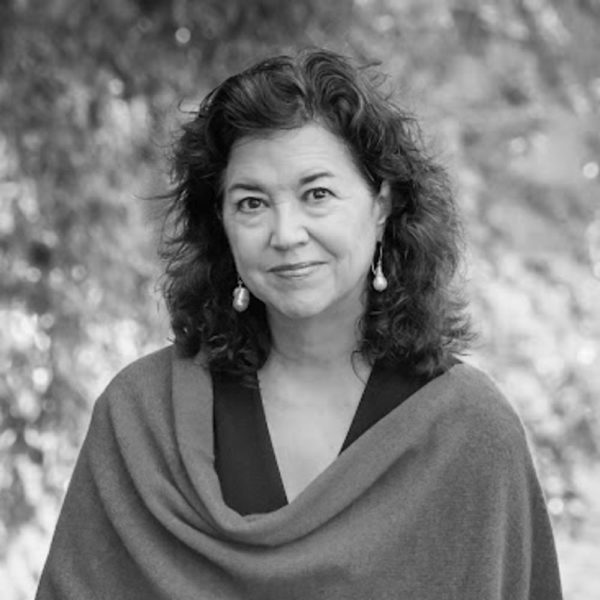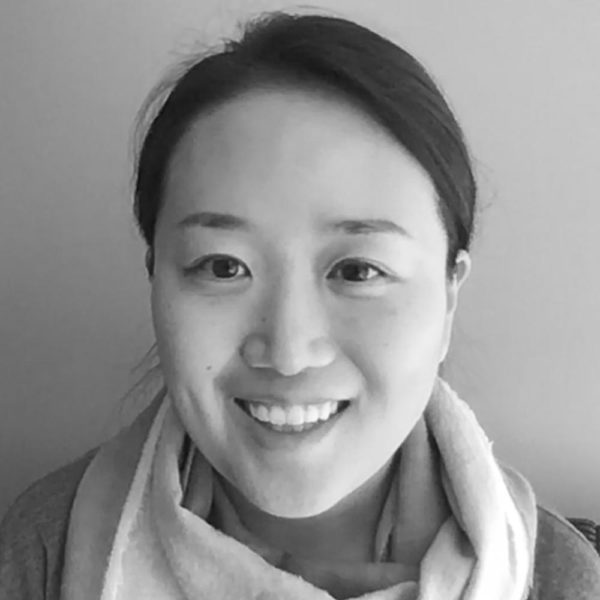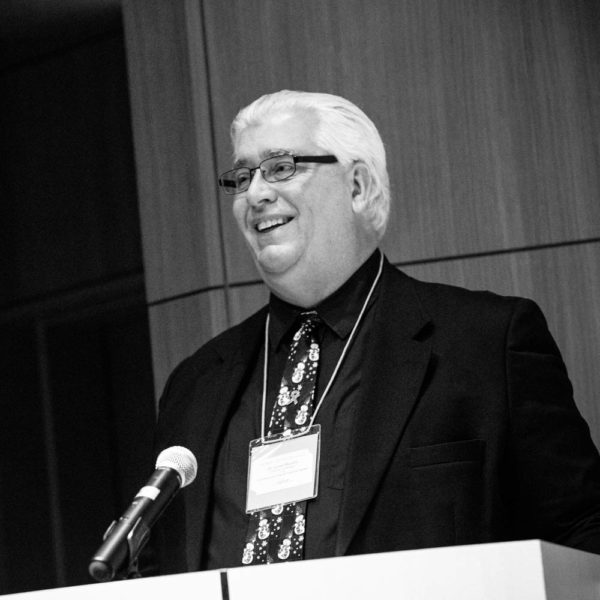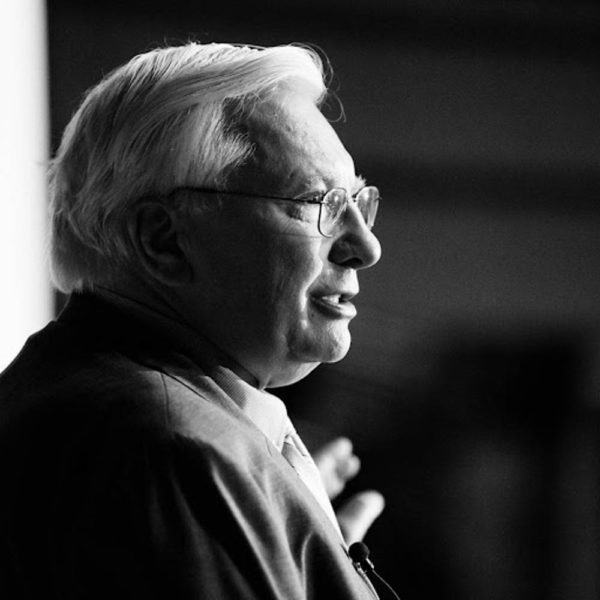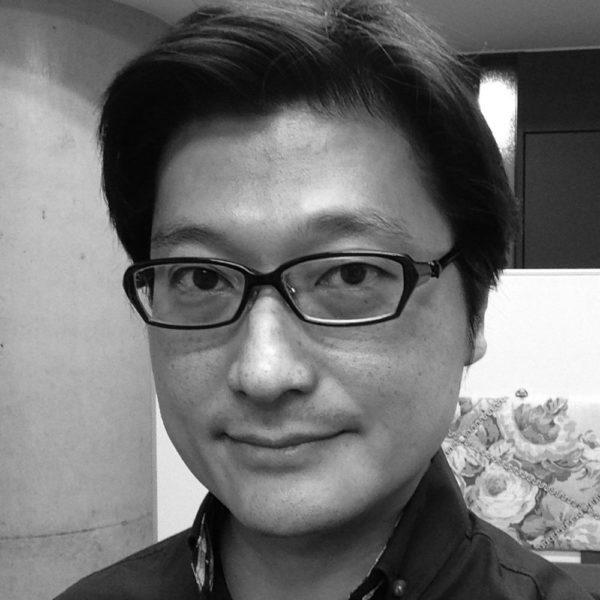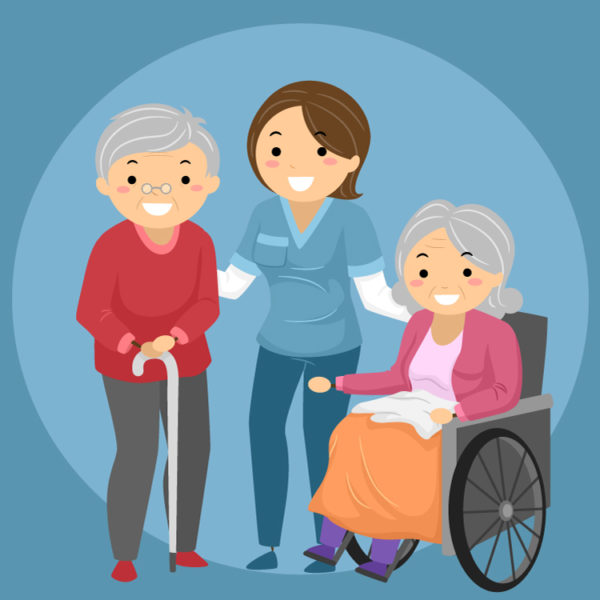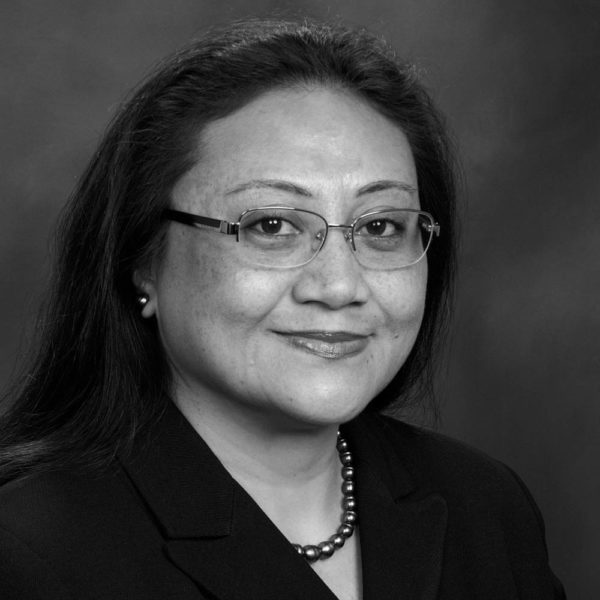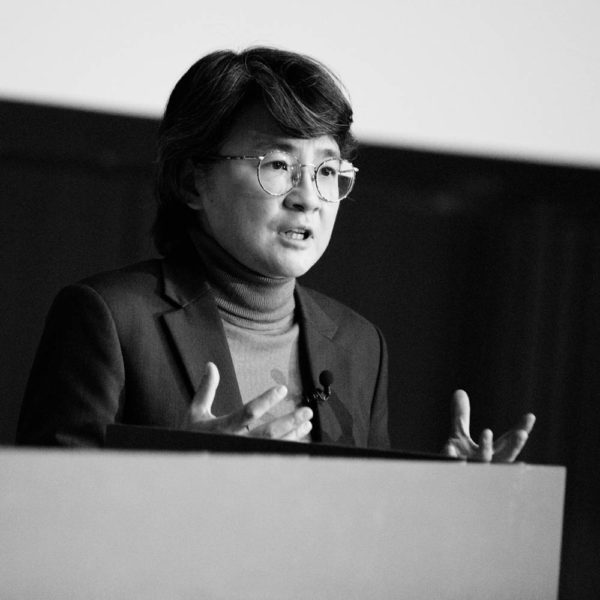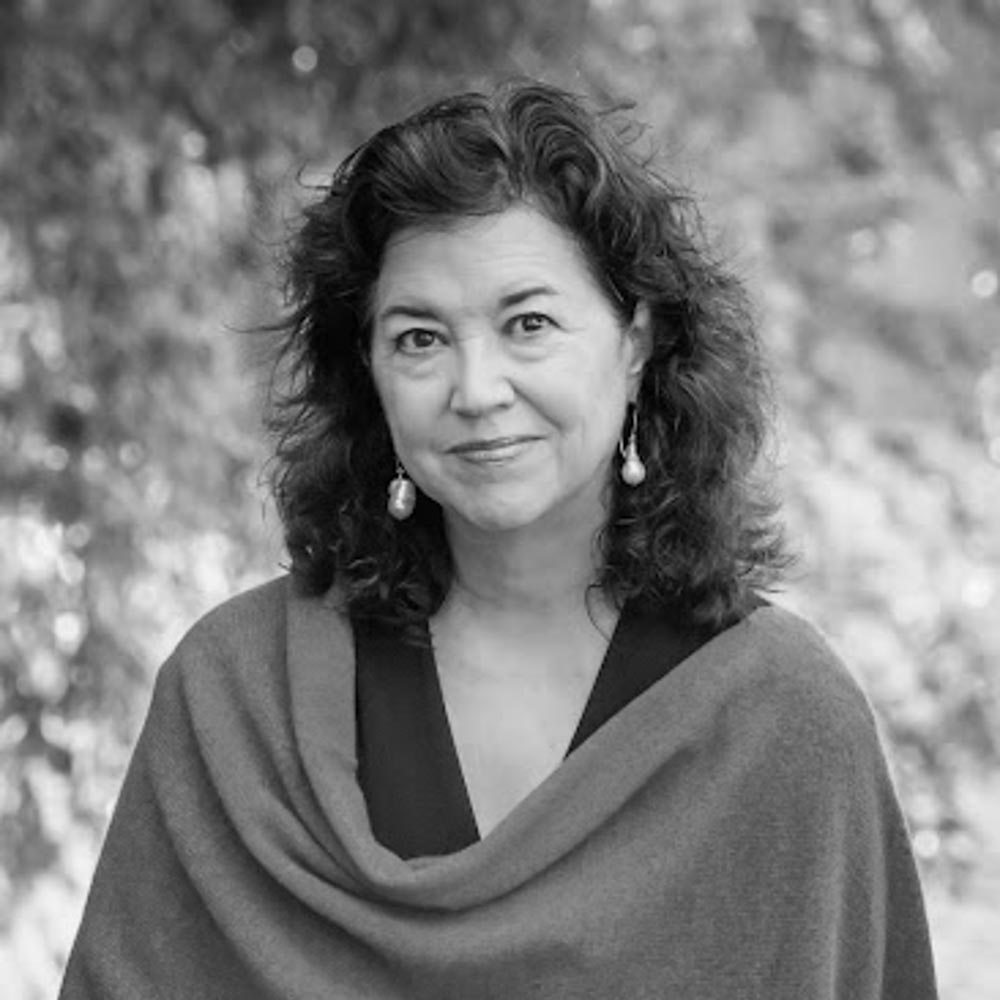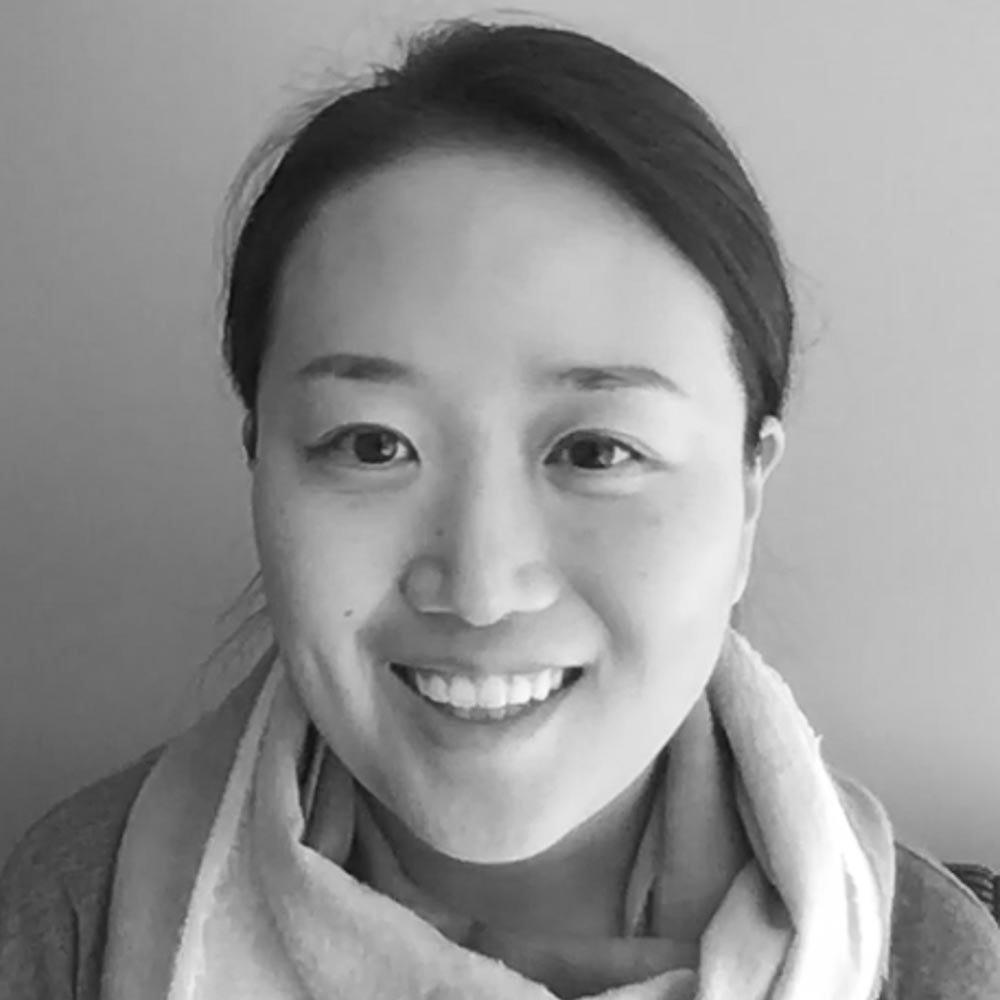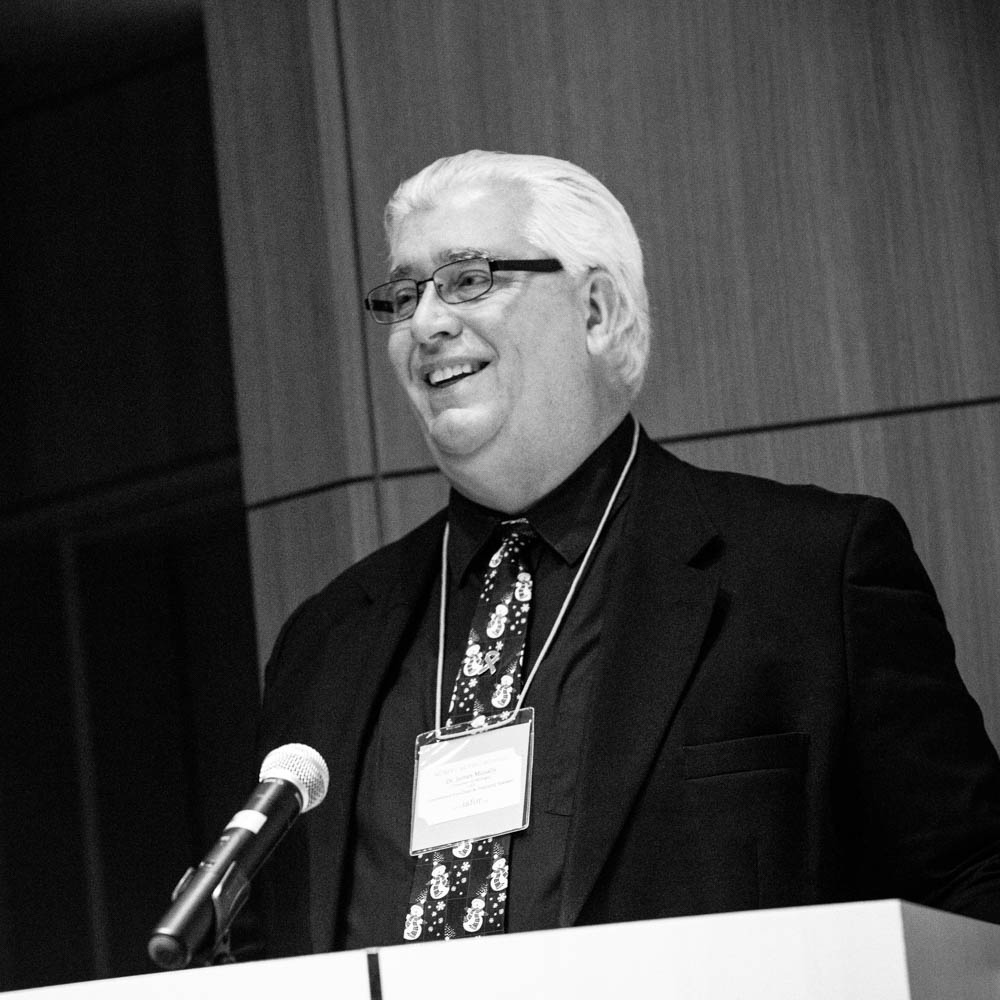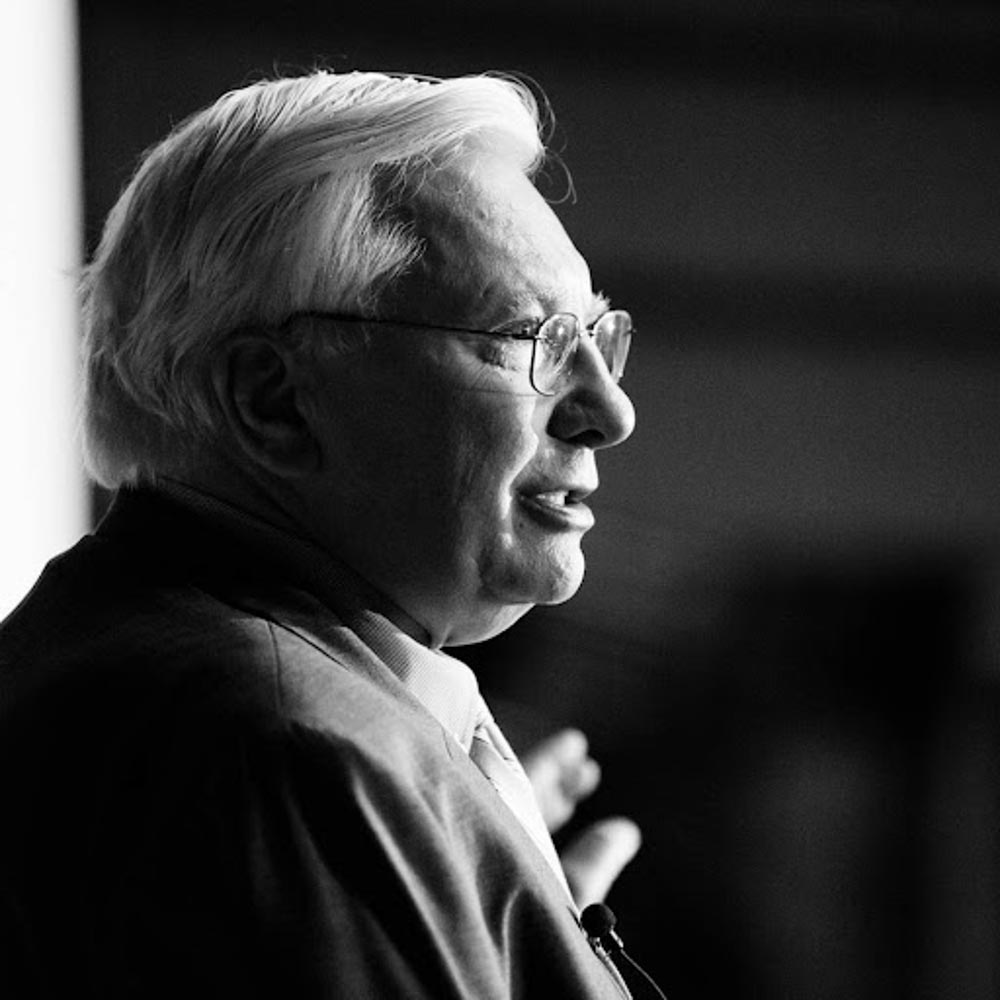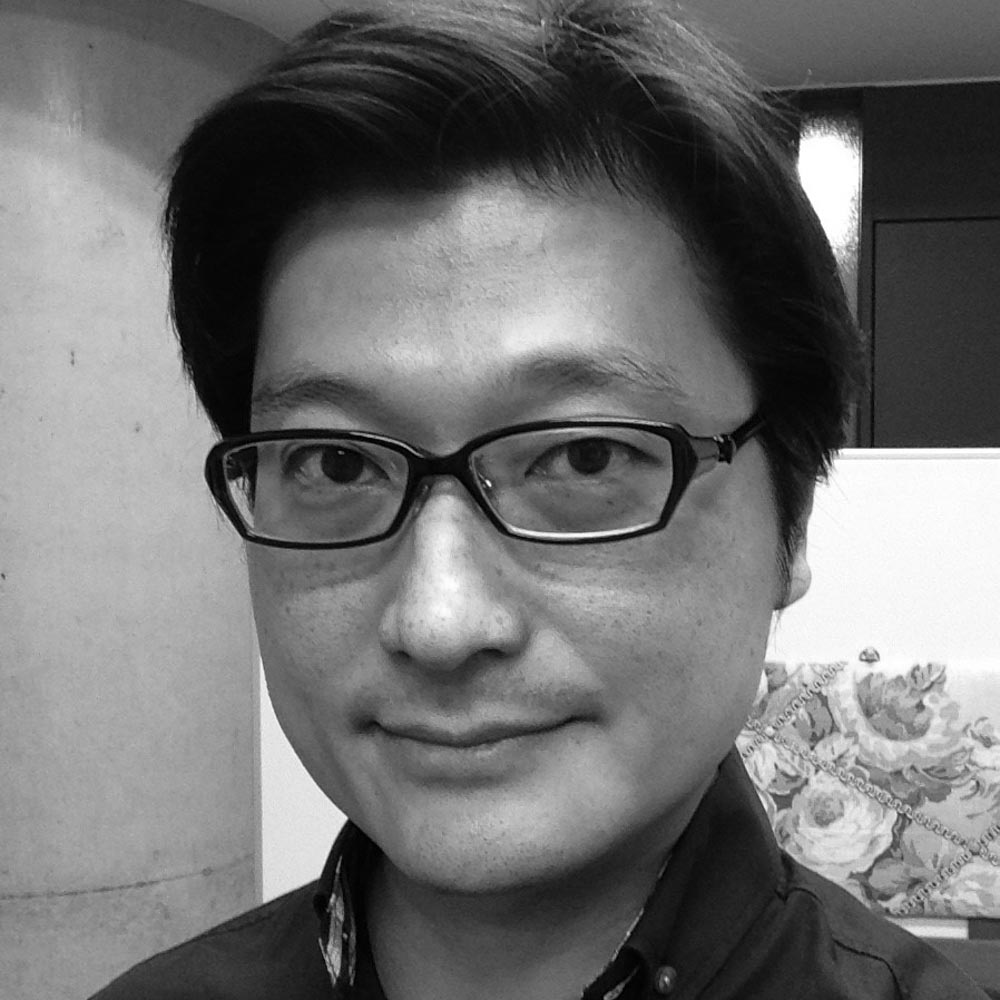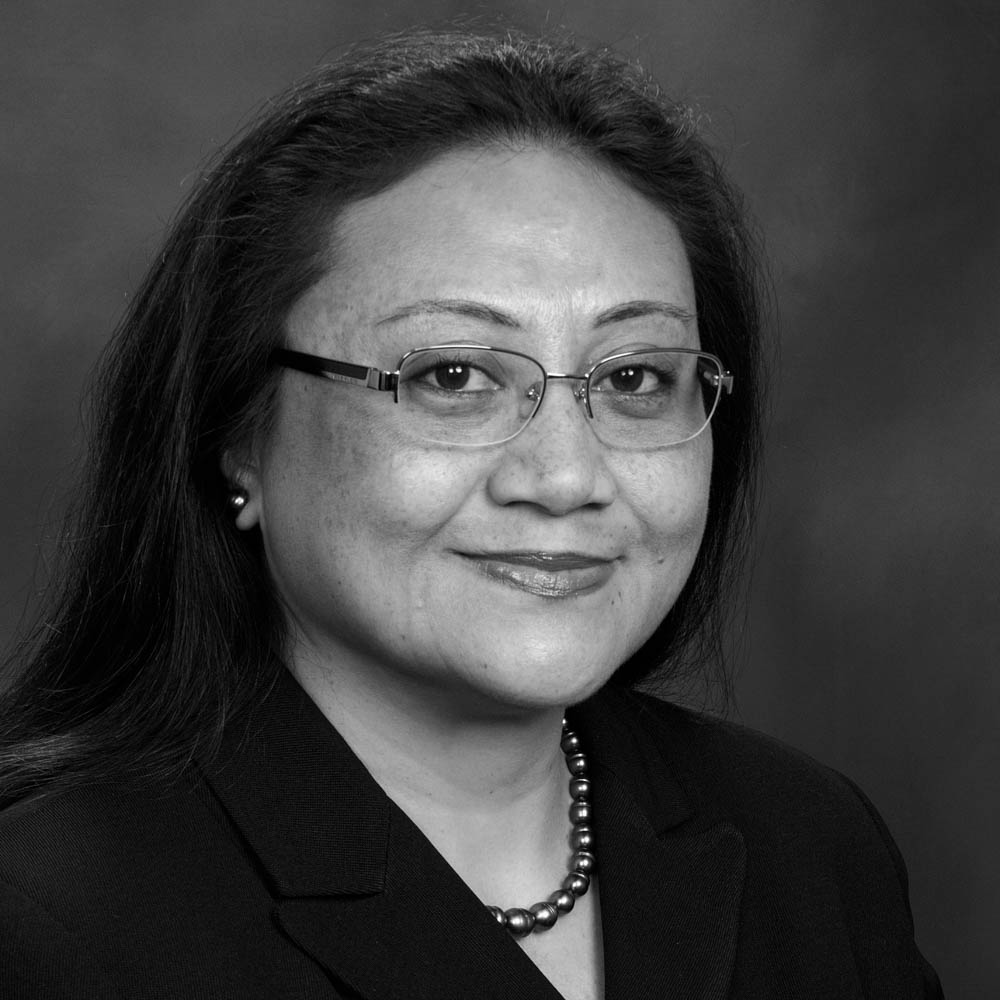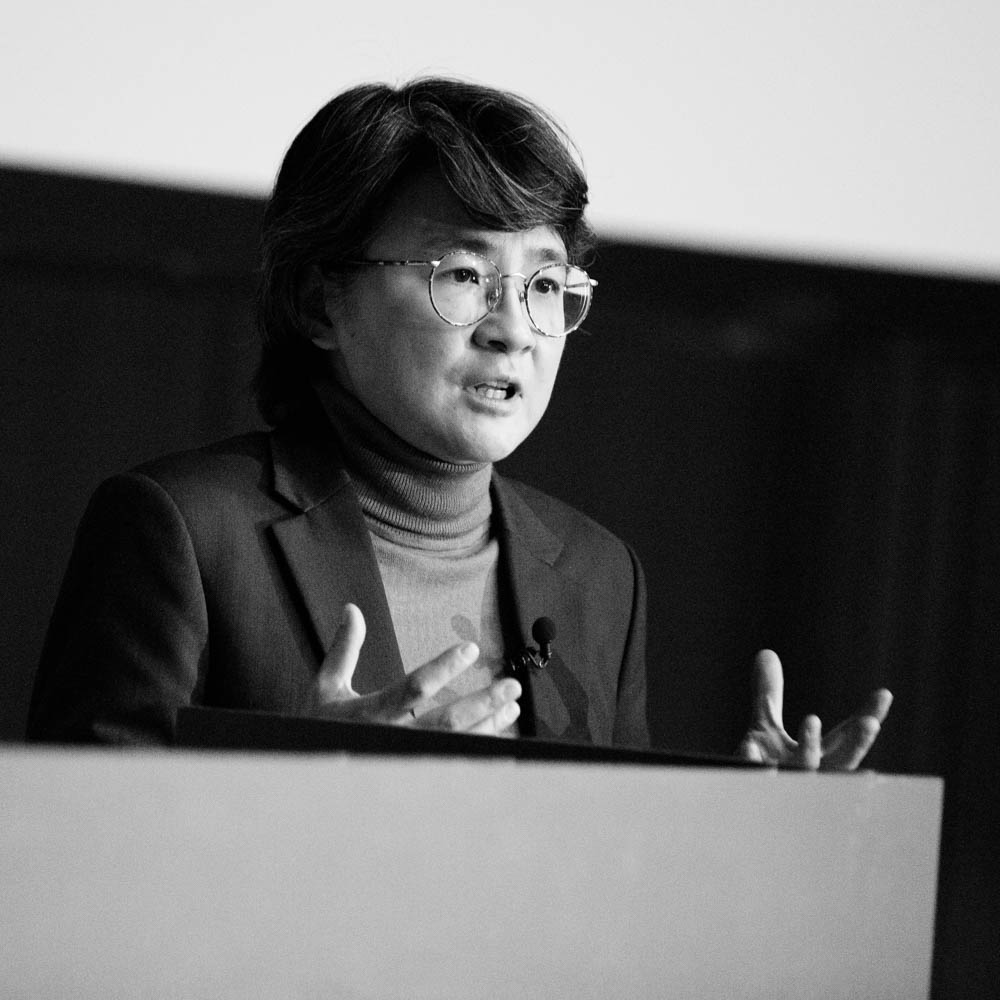AGen2022
March 29–31, 2022 | Held in Tokyo, Japan (and online)
Speakers
-
Debbie HowardAging Matters International, Japan
-
Kathryn M. LavenderNational Archive of Computerized Data on Aging (NACDA), United States
-
Hee Rin LeeMichigan State University, United States
-
James W. McNallyUniversity of Michigan, USA & NACDA Program on Aging
-
Keith W. MillerUniversity of Missouri – St. Louis, United States
-
Lowell SheppardNever Too Late Academy & IAFOR, Japan
-
Ryuji Yamazaki-SkovOsaka University, Japan
Programme
-
NACDA: Data on Aging Resources from Research Ideation to Long-Term Preservation and SharingPanel Presentation: James McNally & Kathryn Lavender
-
Helping Hands: Robotic Assistance in Supporting and Maintaining Social Interactions with EldersPanel Presentation: Hee Rin Lee, James W. McNally, Keith W. Miller & Ryuji Yamazaki-Skov
-
Missing You: Resilience, Renewal and Rebuilding Intergenerational Contact Within FamiliesPanel Presentation: Debbie Howard, James W. McNally & Lowell Sheppard
Organising Committee
The Conference Programme Committee is composed of distinguished academics who are experts in their fields. Conference Programme Committee members may also be members of IAFOR's International Academic Board. The Organising Committee is responsible for nominating and vetting Keynote and Featured Speakers; developing the conference programme, including special workshops, panels, targeted sessions, and so forth; event outreach and promotion; recommending and attracting future Conference Programme Committee members; working with IAFOR to select PhD students and early career academics for IAFOR-funded grants and scholarships; and overseeing the reviewing of abstracts submitted to the conference.
AGen2022 Review Committee
- Dr Ryan Champeau, Center for Secondary School Redesign, United States
- Dr Beatrice Lam, The Open University of Hong Kong, Hong Kong
- Dr Kathryn Lavender, National Archive of Computerized Data on Aging, University of Michigan, United States
- Dr James Mcnally, University of Michigan, United States
- Dr Sela V. Panapasa, University of Michigan, United States
- Professor Haruko Sato, Osaka University, Japan
- Mr Lowell Sheppard, HOPE International Development Agency, Japan
IAFOR Research Centre (IRC) – “Innovation and Value Initiative”
The IAFOR Research Centre (IRC) is housed within Osaka University’s School of International Public Policy (OSIPP), and in June 2018 the IRC began an ambitious new “Innovation and Value Initiative”. Officially launched at the United Nations in a special UN-IAFOR Collaborative Session, the initiative seeks to bring together the best in interdisciplinary research around the concept of value, on how value can be recognised, and measured, and how this can help us address issues and solve problems, from the local to the global.
Conference Outline
15:00-15:10: Announcements, Recognition of IAFOR Scholarship Winners, Welcome Address
Joseph Haldane, IAFOR, Japan
15:10-16:10: Keynote Presentation
The Rehabilitation of a Buddhist Heretic
Brian Victoria, Oxford Centre for Buddhist Studies, United Kingdom
16:10-16:20: Break
16:20-17:20: Keynote Presentation
Religion and COVID 19 in the United States: The Good, the Bad, and the Shocking
Frank Ravitch, Michigan State University College of Law, United States
17:20-17:30: Break
17:30-18:30: Keynote Presentation
Successful Prophecy? Jehovah’s Witnesses, Covid-19 and the War in Ukraine
George Chryssides, University of Birmingham, United Kingdom
18:30-18:40: Break
18:40-19:40: Moderated Discussion Panel
Ethical, Religious and Philosophical Dilemmas in Responding to COVID
George Chryssides, University of Birmingham, United Kingdom
Frank Ravitch, Michigan State University College of Law, United States
Brian Victoria, Oxford Centre for Buddhist Studies, United Kingdom
Joseph Haldane, The International Academic Forum (IAFOR), Japan (Moderator)
12:00-13:40: Live-Stream Presentation Session 1
Room A: International Religion / Spirituality
Room B: General Psychology
13:40-13:50: Break
13:50-15:05: Live-Stream Presentation Session 2
Room A: Philosophy - Philosophy and Religion
Room B: Mental Health
15:05-15:15: Break
15:15-16:30: Live-Stream Presentation Session 3
Room A: Ethics
Room B: General Psychology
16:30-16:40: Break
16:40-17:55: Live-Stream Presentation Session 4
Room A: International Ethics / Philosophy
Room B: Linguistics / Language & Psychology / Behavioral Science
09:00-09:10: Announcements, Recognition of IAFOR Scholarship Winners, Welcome Address
Joseph Haldane, IAFOR, Japan
09:10-10:10: Panel Presentation
Helping Hands – Robotic Assistance in Supporting and Maintaining Social Interactions with Elders
Hee Rin Lee, Michigan State University, United States
James W. McNally, University of Michigan, United States & NACDA Program on Aging, United States
Keith W. Miller, University of Missouri – St. Louis, United States
Ryuji Yamazaki-Skov, Osaka University, Japan
10:10-10:20: Break
10:20-11:20: Panel Presentation
Missing You – Resilience, Renewal and Rebuilding Intergenerational Contact Within Families
Debbie Howard, Aging Matters International, Japan
James W. McNally, University of Michigan, United States & NACDA Program on Aging, United States
Lowell Sheppard, Never Too Late Academy, Japan
11:20-11:30: Break
11:30-12:30: Workshop Presentation
NACDA: Data on Aging Resources from Research Ideation to Long-Term Preservation and Sharing
James W. McNally, University of Michigan, United States & NACDA Program on Aging, United States
Kathryn Lavender, National Archive of Computerized Data on Aging (NACDA), United States
12:30-12:50: Break
Room A: Aging and Gerontology
12:50-14:30: Live-Stream Presentation Session 1: Aging and Gerontology: Social Integration and Engagement
14:30-14:40: Break
14:40-15:55: Live-Stream Presentation Session 2: Aging and Gerontology: Wellbeing
15:55-16:05: Break
16:05-17:20: Live-Stream Presentation Session 3: Aging and Gerontology: Policy and Response
17:20-17:30: Conference Closing Address
Room B: Psychology and Education
12:50-13:50: Featured Presentation
Perceived Stress of Students During Online Learning
Roswiyani Roswiyani, Tarumanagara University, Indonesia
Monty P. Satiadarma, Tarumanagara University, Indonesia
13:50-14:00: Break
14:00-15:40: Live-Stream Presentation Session 1: Psychology and Education
Virtual Poster Presentations
Aging and Gerontology
62083 | Relationship Between Self-Perception Towards Ageing and Subjective Well-Being of Older Adults
62304 | Localizing the Ambivalent Ageism Scale for Japan
62911 | Discrimination of Elderly Patients in Health Care: A Case Study in Lithuania
62434 | Loneliness Experience Among Cognitively-intact Elderly Nursing Home Residents in Singapore – An Exploratory Mixed Methods Study
Pre-Recorded Virtual Presentations
Aging and Gerontology
62014 | An Examination of Patterns and Facilitators of Internet Use Among Older Americans
62253 | Effects of Demographic Characteristics on Self-Perception Towards Ageing Among Older Adults
62367 | Changes in Quality of Life of the Elderly in Korea after the COVID-19 Pandemic
62757 | Is Precarious Work for Middle-aged and Elderly People Divided by Gender in Korea?
62958 | Towards Successful Aging and Well-being in Later Life: Lay Perspectives From Chinese Elders
62962 | Preparedness of Health Facilities to Provide Ischemic Heart Disease and Stroke Management to the Growing Elderly Population Living in Bangladesh
62998 | Prevalence of Associated Factors of Disability Among Older Adults With Hypertension in Southeast Asia: A Scoping Review
62379 | Suicide in Older Adults Aged 75+ Living in Long-term Care Facilities: A National Register-based Study
62411 | Foot Care Intervention for Older People With Dementia: A Scoping Review
62715 | ‘Who Let the Dogs in’? Exploring the Potential for Developing Dog Projects With Older Prisoners
62313 | Chinese Family Caregivers of Older Adults: A Mismatch of Their Needs and Services in the Community


